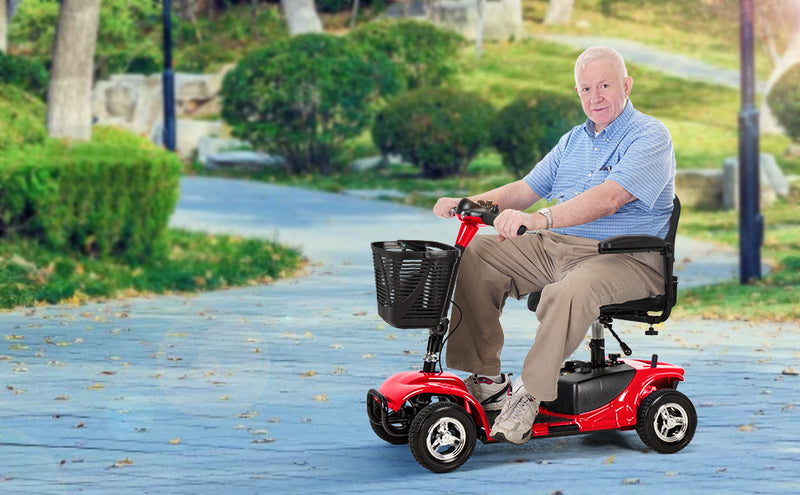When considering what is the best medicine for overactive bladder for elderly individuals, it’s essential to assess both the impact of the condition and the most suitable treatment options. An overactive bladder, often a challenging condition for seniors, can significantly affect quality of life. Understanding the best treatment options can make a substantial difference.
An informed decision is key, given the range of medications available for overactive bladder and their varying implications on health. The condition, characterized by frequent urination and sudden urges, can be both intrusive and limiting. Let’s explore tailored solutions specifically designed for older adults to aid in managing this condition effectively.

What Causes Overactive Bladder in Seniors?
Several factors, such as age, health conditions like diabetes, and medications, contribute to overactive bladder in the elderly. As the body ages, changes in bladder function and capacity are common. Additionally, lifestyle factors, including diet and fluid intake, can also influence bladder control.
Age-Related Changes
As individuals age, their muscles, including those controlling the bladder, may weaken. This weakening can lead to an increase in bladder activity, resulting in the common symptoms of overactive bladder.
Health Conditions and Medications
Health conditions such as diabetes, neurological disorders, and urinary tract infections often coexist with overactive bladder. Some medications prescribed to elderly individuals may exacerbate bladder symptoms, making medication review an important aspect of treatment planning.
Symptoms of Overactive Bladder
Elderly individuals with an overactive bladder commonly experience very distinct symptoms, such as frequent urination, a sudden urge to urinate, and in some cases, incontinence. Understanding these symptoms is crucial in identifying the need for medical evaluation and treatment.
Frequent Urination
Older adults experiencing the need to urinate more than eight times in 24 hours may have this condition. This frequency is often accompanied by the urgent need to urinate.
Urgency and Incontinence
The sudden and overwhelming need to urinate can lead to incontinence if facilities aren’t readily accessible. This can add emotional distress to the physical discomfort.
Medications for Overactive Bladder
The current medications for this condition primarily include anticholinergic agents and beta-3 adrenergic agonists. Choosing the right medication involves understanding their mode of action, effectiveness, and potential side effects.
Anticholinergic Medications
This class of medications works by reducing bladder muscle contractions, thus decreasing the urgency to urinate. Common options include Oxybutynin and Tolterodine.
Beta-3 Adrenergic Agonists
Padronized to relax the bladder muscles, medications like Mirabegron are part of this newer class. They present fewer side effects than anticholinergics and are often better suited to the elderly.
Non-Medication Strategies
While medication often plays a significant role, incorporating lifestyle adaptations can enhance treatment outcomes. Techniques such as scheduled voiding, dietary adjustments, and pelvic floor exercises prove useful.
Bladder Training
Scheduled voiding, a strategy of timed bathroom visits, can help in regaining control. It’s essential to follow a plan accordingly and gradually increase the time interval between voids.
Dietary Adjustments
Reducing caffeine and alcohol intake, alongside staying well-hydrated, supports bladder health. A diet rich in fiber prevents constipation, another factor influencing bladder function.
Pelvic Floor Exercises
Train the bladder muscles with exercises like Kegels. These targeted exercises strengthen pelvic muscles, supporting bladder control effectively.
Consulting Healthcare Professionals
A comprehensive evaluation by healthcare providers ensures the right choice of medication and lifestyle changes for each individual. Factors such as existing health conditions, other medications, and personal preferences play significant roles.
Specialist Involvement
Doctors specializing in urology or geriatric medicine provide tailored insights. Their expertise aids in balancing medication regimens alongside lifestyle adaptations specific to seniors.
FAQs
1. What are the common side effects of overactive bladder medications?
Common side effects include dry mouth, constipation, and blurred vision. Speaking with a healthcare provider can help mitigate these through dosage adjustments or alternative therapies.
2. How long does it take for medications to be effective?
Medications typically start showing improvement within a few weeks, though full benefits may take longer. Regular consultations ensure optimal adjustment and effectiveness.
3. Are there any new treatments for overactive bladder?
Yes, advancements such as neuromodulation and Botox injections provide additional options. Exploring these with a healthcare provider can be beneficial.

Conclusion
Addressing what is the best medicine for overactive bladder for elderly requires a personalized approach, taking into account the individual’s unique health profile. An optimal solution balances medical interventions with lifestyle adaptation, resulting in improved bladder control and enhanced quality of life. More information and resources are available through trusted health guides such as the HelpGuide or LightSpring Care Blog.
This article contains affiliate links. We may earn a commission at no extra cost to you.

